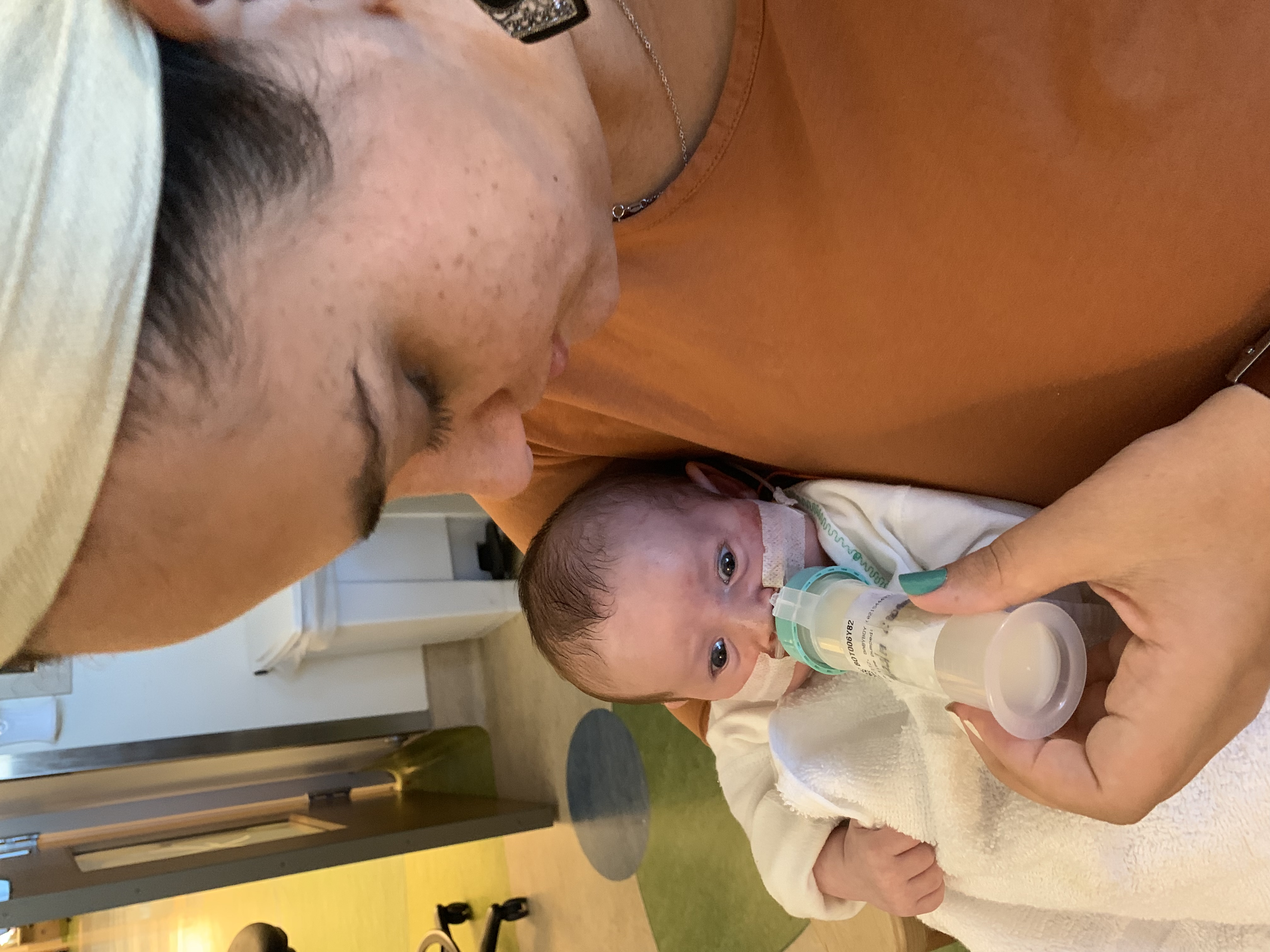Psalm 142
- Hinda Eisen Labovitz

- Jun 28, 2020
- 2 min read
Updated: Aug 18, 2020
(Read along: https://www.sefaria.org/Psalms.142)
Today, June 29, is exactly 9 months or 39 weeks and 1 day since Ronen died... and since he was born at exactly 39 weeks, this means the time since his death has now exceeded the time he was in utero. Feels surreal.
Psalm 142, which echoes the language of both Psalm 13 and Psalm 77 (whose first 9 verses were read at Ronen's funeral), speaks loudly to me today. The Psalmist makes the powerful point that, sometimes, God has to affect change within us for God's *own sake* -- that, after a period of crying out and suffering, God needs to help us unlock our personal prisons so that we can even approach the mental space for praise.
In general, the Hebrew root ר.נ.נ (which is the root of "Ronen"), has to do with rejoicing through music. Here, not so. In the text highlighted in the picture in orange, 142:7, the Psalmist implores God, "listen to my [*rinah*]."
JPS renders rinah simply as "cry." Rabbi Richard Levy renders it "plaintive song." Robert Alter translates, "Listen close to my song of prayer," and neither of these offer notes on their choices, though each maintains the essence of musicality. The most obvious translation (rejoicing in song) does not work here, since the very next phrase indicates, "I am brought low."
And yet. Perhaps we drill down deeper. What if we understood 142:7-8 this way: "God, listen for the joyful song buried deep in my heart because, as I am brought low, You are the only one who can hear it — I can't even hear it myself. Bring me out of my prison and cause me to praise Your Name so that, when unwound, I may hear it, too." I wonder if this text was just waiting for me to find it in this moment.






Comments